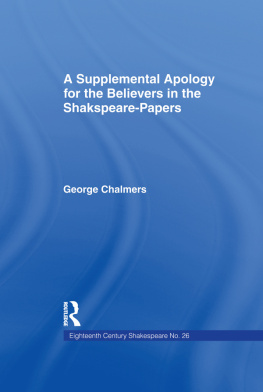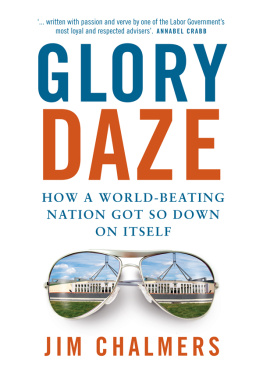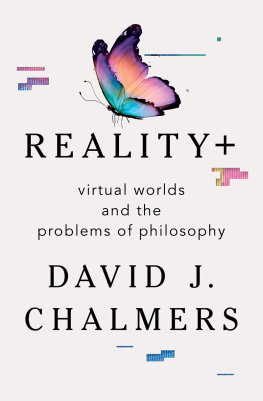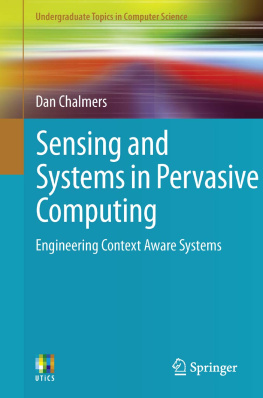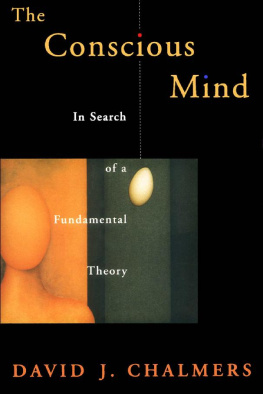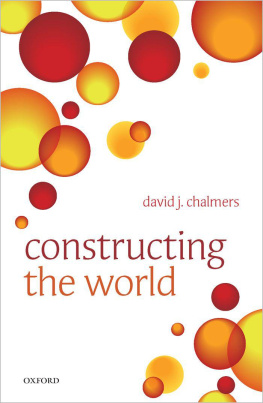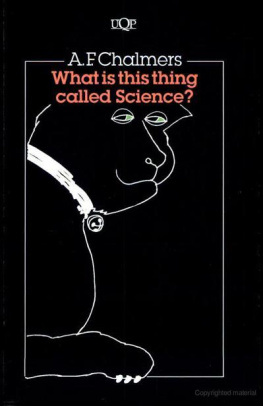Table of Contents
Landmarks
Who was Thomas Chalmers (17801847)? Converted to Christ while already in the pastorate (1810) in Kilmany, Scotland, Chalmers eventually became professor of moral philosophy in the University of St. Andrews, and then professor of theology in the University of Edinburgh.
His influence in the church and politics in Scotland was so extensive that according to geologist Hugh Miller, Chalmers may be said rather to have created than to have belonged to an era. On Chalmerss death, one estimate was that half the population of Edinburgh attended his funeral (p. 764).
During his professorship at St. Andrews, his passion for global missions was so inspiring that six of his best students dedicated themselves to missions, resulting in 141 years of combined missionary service.
Though he was influential in geology and astronomy, Christian apologetics, relief for the poor, economics, Calvinistic orthodoxy, and ecclesiastical leadership (helping create the Free Church of Scotland), nevertheless, it was the force of his words that gave effect to all of these engagements. According to A. C. Cheyne, his oratorical power bordered on wizardry (p. 764). William Wilberforce wrote in his diary in 1817, All the world wild about Dr. Chalmers (p. 762). But why? Princetons James Alexander asked John Mason on his return from Scotland why Chalmers was so effective, and Mason replied, It is his blood-earnestness.
As you read this most famous sermon of Chalmers, The Expulsive Power of a New Affection, I suggest you let that toneblood-earnestnessshape the way you read. That is, dont think he is trifling. He is very serious. Joyfully serious.
I recall once being asked the trick question, If you had access to all the latest machinery in a sophisticated science lab, what would be the most effective way to get all the air out of a glass beaker? One ponders the possible ways to force the air out. Then the answer is given: fill it with water.
That is the point of this sermon. It is intended as an illumination of 1 John 2:15, Love not the world, neither the things that are in the world. If any man love the world, the love of the Father is not in him.
Chalmers poses for himself the question, How shall the human heart be freed from its love for the world? (How shall the air be removed from the beaker?) This love is not a duty one performs. It is a delight one prefers. It is an affection before it is a commitment.
He says there are two ways one might seek to remove this controlling affection from the heart. One is to show that the world is not worthy of our affection and will let us down in the end. (This argument corresponds to using a pump to suck the air out of the beaker.) The other is to show that God is vastly more worthy of the hearts attachment, thus awakening a new and stronger affection that displaces the former affection for the world. (This corresponds to pouring water into the beaker to displace the air.) Hence, the expulsive power of a new affection.
Heres how Chalmers states his purpose:
My purpose is to show, that from the constitution of our nature, the former method is altogether incompetent and ineffectual and that the latter method will alone suffice for the rescue and recovery of the heart from the wrong affection that domineers over it.
Dont miss the words from the constitution of our nature. Hes going to make his point by arguing from the constitution of our nature, not from an exposition of the biblical text. This is why I said above that this sermon (Or was it a lecture? We have lost the historical setting when it was delivered.) is intended as an illumination (not an exposition) of 1 John 2:15.
Chalmers could do biblical exposition. But he was a scientist and a philosopher, as well as a preacher of biblical texts. His apologetical contribution, which made him so popular in his day, was to show that biblical morality is rooted not just in religious authority, but in the profound realities of the way things really are in the world. This is what he means by saying that he is going to argue from the constitution of our nature. In other words, he will appeal to what ordinary unbelievers can actually see about the way their heart works.
Without taking away the excitement of your own discovery of how Chalmers argues from the nature of our souls to the biblical reality of 1 John 2:15, I will give one enticement to ponder as you read. One of his central insights about the constitution of our nature is that nature hates a vacuum. This is why we cant displace the air in the beaker with a pump as easily as we can by pouring water in. The empty beaker fights back. It hates being empty. It demands content.
So it is with the human heart, Chalmers argues:
Such is the grasping tendency of the human heart, that it must have a something to lay hold ofand which, if wrested away without the substitution of another something in its place, would leave a void and a vacancy as painful to the mind, as hunger is to the natural system.
This is why Chalmers thinks it is futile to try to suck sinful pleasures out of the human heart with the pump of fear, if we do not put a better pleasure in their place. One might think that humans have the capacity to use willpower and resolve to stop loving the world. But according to Chalmers, The habit cannot so be displaced as to leave nothing but a negative and cheerless vacancy behind it. That, he argues, is the constitution of our nature.
There is more, much more, as Chalmers penetrates into the nature of the human soul and the nature of regenerating grace. But if I keep on, I will spoil the quest. Perhaps you will decide, by the time you are done reading, that he has shed so much light on the workings of your own heart in relation to 1 John 2:15 that his illumination is, in fact, a very powerful exposition of Gods meaning.
John Piper
Founder and teacher, desiringGod.org
Chancellor, Bethlehem College & Seminary
Cited in Stuart C. Weir and John C. McDowell, The Good Work of Non-Christians, Empowerment, and the New Creation: The Efficacy of the Holy Spirits Empowering for Ordinary Work (Eugene, OR: Pickwick, 2016), xxix.
Mark Noll, Thomas Chalmers (17801847) in North America (ca. 18301917), in Church History 66, no. 4 (December 1997): 763. Emphasis added. All the page numbers in parentheses are from this article.
Stuart Piggin and John Foxborogh, The St. Andrews Seven (Edinburgh: Banner of Truth, 1985, 111.
James W. Alexander, Thoughts on Preaching (Edinburgh: Banner of Truth, 1975), 264.
The Expulsive Power of a New Affection
Love not the world, neither the things that are in the world. If any man love the world, the love of the Father is not in him.
1 John 2:15
I
There are two ways in which a practical moralist may attempt to displace from the human heart its love of the worldeither by a demonstration of the worlds vanity, so as that the heart shall be prevailed upon simply to withdraw its regards from an object that is not worthy of it; or by setting forth another object, even God, as more worthy of its attachment, so as that the heart shall be prevailed upon not to resign an old affection, which shall have nothing to succeed it, but to exchange an old affection for a new one.
My purpose is to show that from the constitution of our nature, the former method is altogether incompetent and ineffectual, and that the latter method will alone suffice for the rescue and recovery of the heart from the wrong affection that domineers over it. After having accomplished this purpose, I shall attempt a few practical observations.
Love may be regarded in two different conditions. The first is when its object is at a distance, and then it becomes love in a state of desire. The second is when its object is in possession, and then it becomes love in a state of indulgence.


